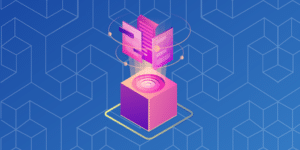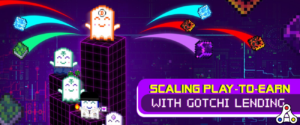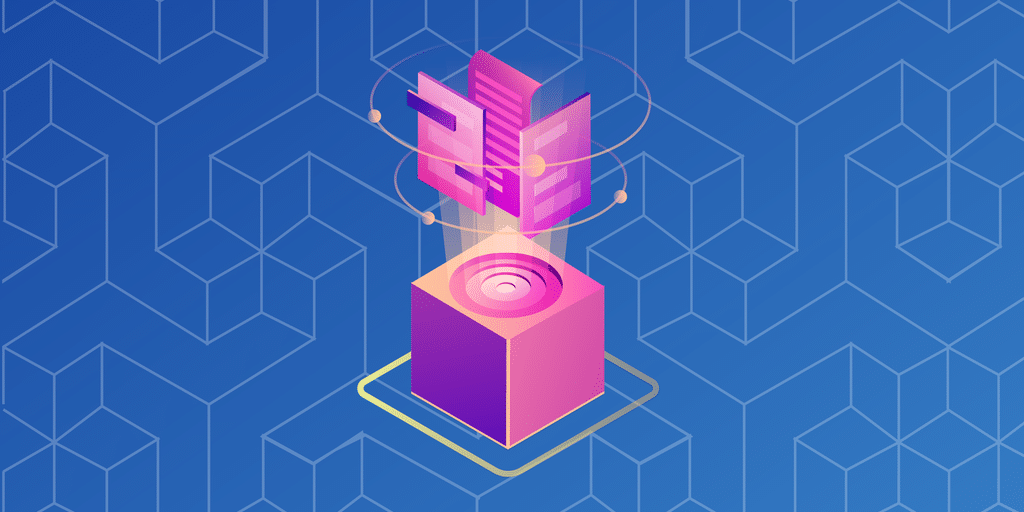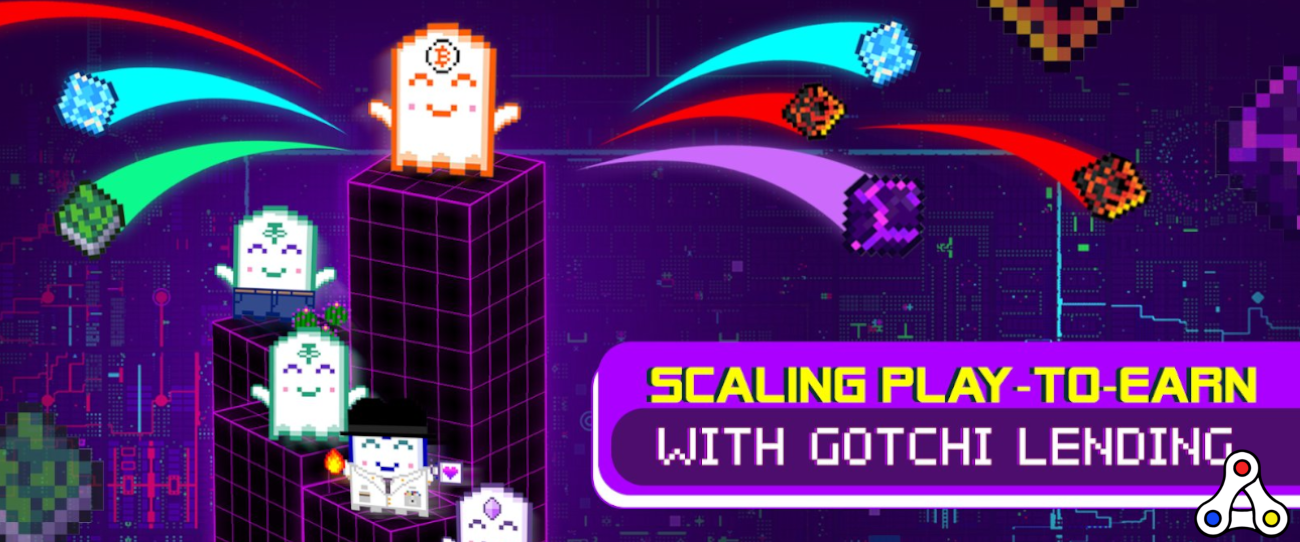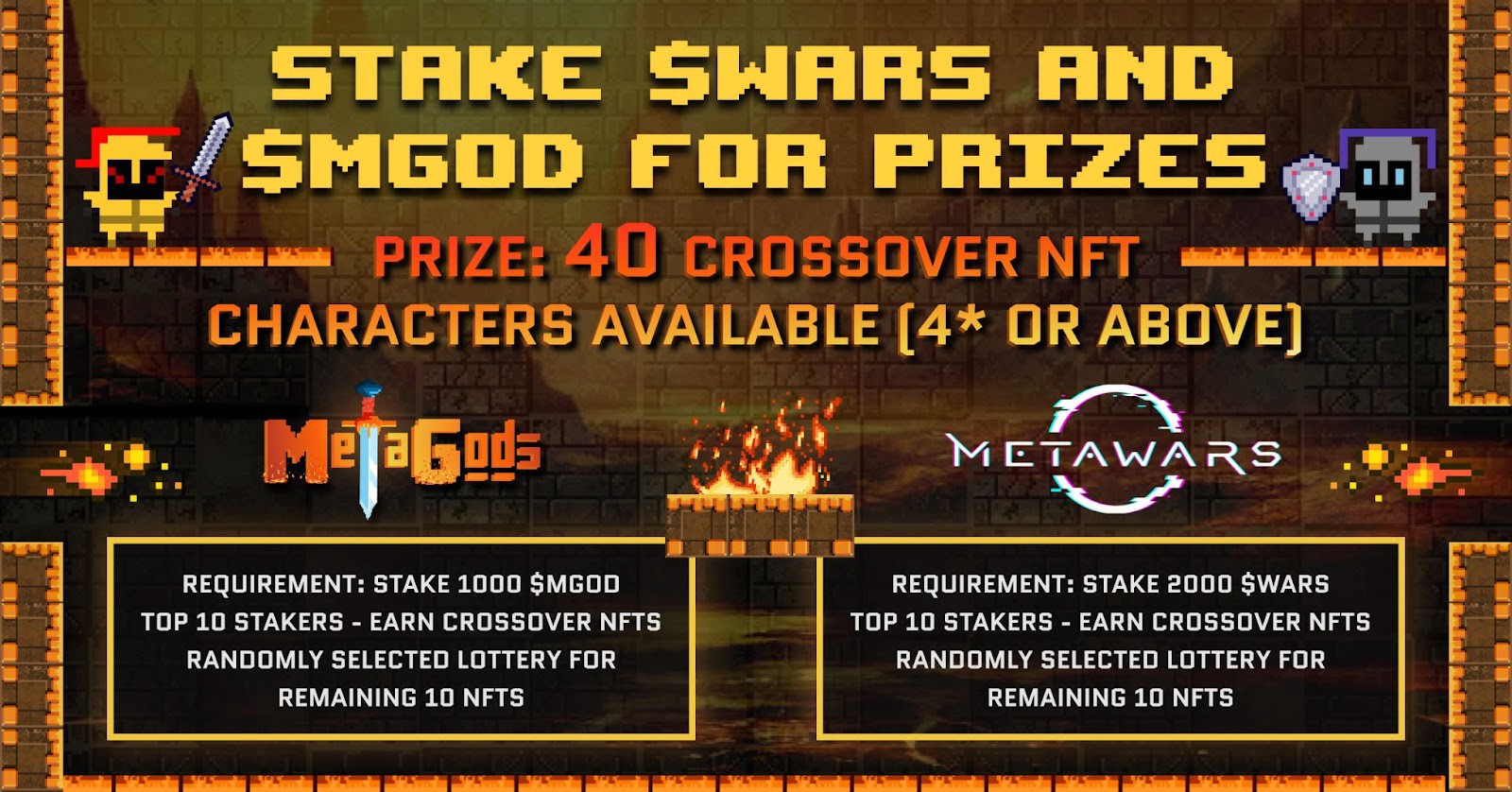Bitcoin started it all. It was the first technology capable of deciphering the fundamental principles of creating digital money that cannot be copied like normal files. But, Who invented it and why was it so important? We'll explore this and more below..
What is bitcoin?
Bitcoin is a P2P cryptocurrency. Offers a new way to pay for goods and services, but it enables you to store value online without having to rely on traditional banking, the government or some centralized credit provider to do so.
It was built using technology blockchain; a fundamentally new way of transferring data and value over the internet. Everything, from sandwiches to houses, can be bought with Bitcoin.
Did you know
The first official purchase with Bitcoin was the 22 May 2010. Two Papa John’s Pizzas were exchanged for 10,000 BTC. That day is now celebrated as Bitcoin Pizza Day.
Who Invented Bitcoin?
Nobody knows it for sure. But the person or persons most directly responsible refer to themselves as Satoshi Nakamoto..
The inventor or inventors are called Satoshi Nakamoto, a mysterious character (or characters) that many have tried to find, some more successful than others.
A brief history
In november 2008, a post titled “Bitcoin: a peer-to-peer electronic cash system” on a small mailing list for crypto enthusiasts. The author's name was Satoshi Nakamoto and he explained how the coin would work.
A few months later, in january 2009, the software to create the coin was released, followed shortly after the generation of the first block of the Bitcoin network, better known as the Genesis Block.
The first identifiable person who was actively involved in the development of the Bitcoin project was a programmer named Hal Finney, who downloaded the necessary software to run it and received 10 bitcoins, thus executing the first bitcoin transaction on 12 of January of 2009.
For a time, Satoshi Nakamoto and some others extracted money on the network (read more about how mining works in this guide we created especially to address this topic) before mysteriously disappearing, handing over control to another programmer named Gavin Andresen.
What's so special?
Bitcoin did something that no one had been able to do before. Among many things, Bitcoin could be:
- Decentralized: no person or group owned or controlled it.
- Without confidence (peer-to-peer): No more third parties were needed to complete the transactions.
- Without Borders: Money can be easily moved around the world without the need for changes.
- Immutable: It can never be changed or reversed unlike today's financial systems.
- Avoided double spending: solved the problem that many digital currencies had tried to fix before, but they failed.
- It was the first proof of concept of a blockchain in action.
Did you know
About the 25% of all Bitcoins have been lost. The 13 of November, an IT consultant accidentally dropped a hard drive with the private keys of 7500 Bitcoins. That loss has a value between $ 15 million and $ 20 million currently. ¡Ups!
How are bitcoins produced?
Imagine the underground gold. We know it's there, but its value is hidden until a miner 'digs it up'. In the world of Bitcoin, a miner discovers Bitcoin by creating “blocks” of all transactions that have place on the network and adding them to the blockchain. Our mining guide explains the topic in more depth.
In Satoshi Nakamoto's white paper, he / she / they designated that they could only exist 21 million bitcoins, but not all have been dug up yet. At the current rate of mining, all will be “unearthed” sometime of 2140.
How are bitcoins acquired?
There are three main ways to achieve this:
- You can buy them using fiat currencies ($, € £, as an example) on exchange platforms (recognized as exchanges). You will need a wallet and a set of keys cryptographic to store and exchange bitcoins.
- You can become a miner and try to solve the secret puzzle of the current block, who will reward you with 12.5 BTC (O 6.25 BTC after declining to half 2020).
- You can win them! Gambling sites and faucets have popped up to help people spend and earn their bitcoins.
Did you know
About 1.000 people own almost the 40% of all the Bitcoins circulating today.
What can you do with Bitcoin?
- To buy things: Everything, from a Tesla, a house, some vacations, games, education and even legal help, you can pay to use it.
- Bet: If you feel lucky, there are several gambling sites that accept it.
- Digital rights management: Bitcoin, and the blockchain in general, can be used to help musicians and artists control who has access to their IP.
- Identity management – Thanks to the unique double key system used in the wallets, Bitcoin could become the main way to identify yourself online.
Did you know
On 2013, the fbi won $ 48 millions selling 144,000 Bitcoins that he had confiscated from criminals who used the currency.
What is a wallet, Bitcoin wallet or purse?
Like a normal wallet, it is a place to store valuables. When it comes to Bitcoin, those valuables are cryptographic keys that are stored in software running on a phone, on the web or on a computer.
To buy and trade Bitcoin you need a public and a private key.
A Public key is what is shared with people to exchange it.
you private key It is something that you should not reveal. When you trade, you send someone your public key and your private key is used to authenticate that you are the one requesting to send or receive Bitcoin.
Learn more about crypto wallets in our practical guide.
Did you know
Bitcoin uses a lot of electricity. So much so that a transaction consumes almost 4.000 times the energy used when processing a credit card transaction.
The future
We know that all Bitcoins will be mined at some time from 2140. In the meantime, the future of Bitcoin and its value is uncertain.
Cryptocurrency limitations have led many developers to create dozens of more specialized altcoins. We have done a full post on the limitations of Bitcoin.
Despite this, there are those who argue that Bitcoin could become a store of value, like real world gold. Others, in the meantime, they want to keep it as a way to buy goods and services and developers; learn more about it by reading our post about the Lightning Network.
The future of Bitcoin is uncertain. Despite this, Blockchain's Potential Just Revealed.

